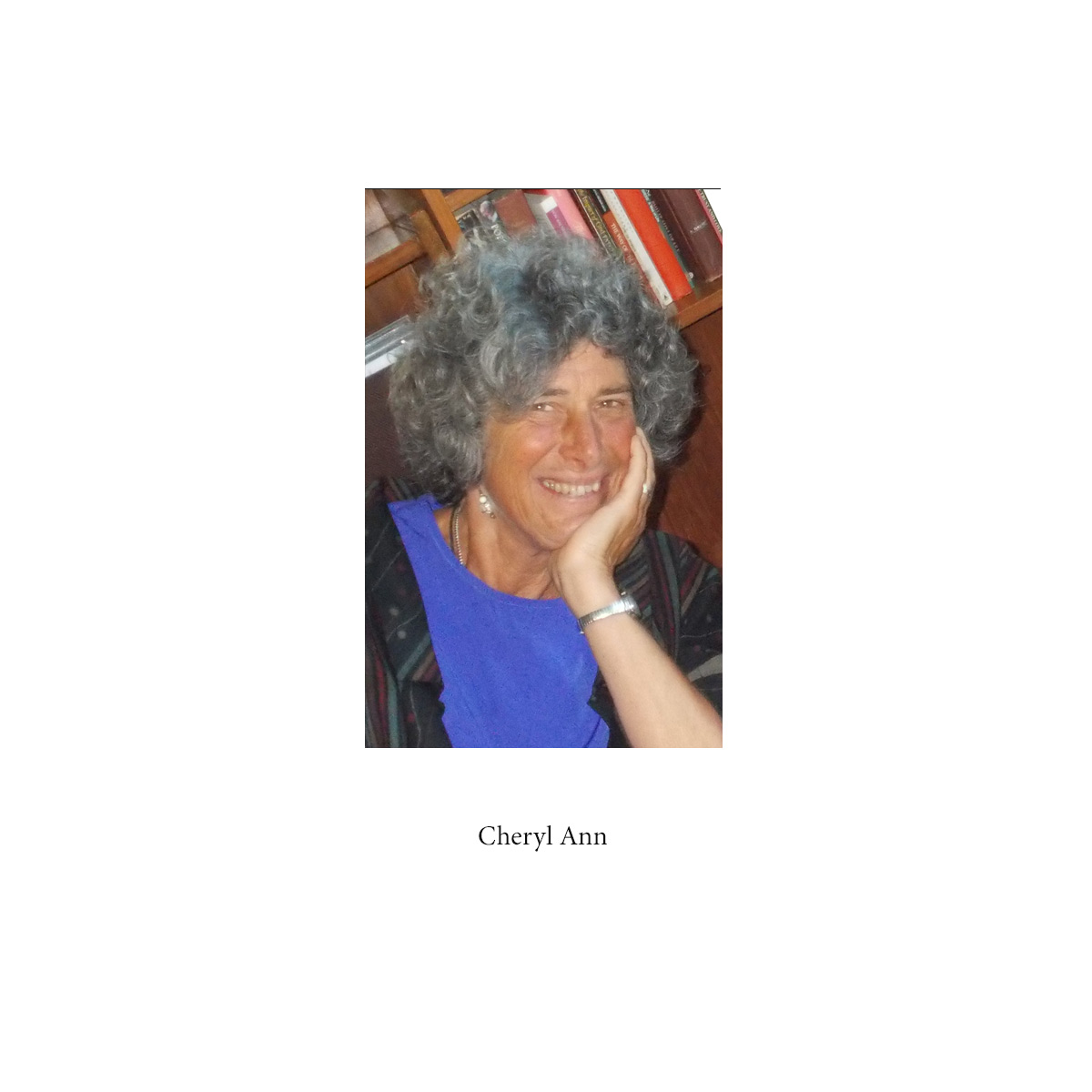This content has been archived. It may no longer be relevant
If I had written a newsletter early last March, it would have been bursting with news of our visitors and retreatants from far and wide, the rich variety of groups coming for a day of recollection, the various places where we gave talks. But life changed for us, as for all of you, on March 20 with lockdown.
At first our ministry just shifted to increased phone calls and correspondence, and offering talks, prayers, and music through zoom. With a slower tempo, we were able to sink more deeply into our rhythm of life: prayer, silence, work, community sharing.
In summer when the lockdown ended, we opened our doors again. We were overjoyed to welcome guests, particularly a beloved seminarian on retreat just days before his priestly ordination. Life again hummed with activity.
Then we sadly bade farewell to Fr Brian Christie and Joanne Slugocki, our brother and sister, who were transferred back to Combermere at the end of their three-year visas—and immediately turned to welcome Fr Michael Weitl and Ralph Edelbrock, quarantining with them so that we could jump into life together.
And now lockdown once again quietens our apostolate. What do we make of all this?
Like many of you, we had to contend with questions of worth and identity: who are we, and what value do we have if we’re not reaching out and receiving so many people?
Your version might be: who am I and what is my value if my new grandchildren don’t know me. Or if I’ve been furloughed or lost my job or can’t interact with people outside the house? Or, if you are a priest: who am I if I can’t visit the hospitals or even offer Mass freely.
Another lockdown struggle came with the intensity of being confined with the same people 24/7 and not being able to escape tensions through outside involvements.
There’s no hiding in lockdown. The interior is laid bare. And for those who have suffered from the virus, or been bereaved, for those who are now paralyzed by fear, loneliness and despondency, the cry for meaning and hope is piercing.
I’d like to offer two beacons of hope. One is Cardinal Francis Xavier Van Thuan. This holy man was arrested by the Communist Vietnamese Government in 1975 in the prime of his life, a few months after being named coadjutor Bishop of Saigon. Aware of the cry of his people and the impossibility of serving them in captivity, he begged for understanding and heard this word from God:
Why torment yourself? All you have done…is excellent work, the work of God, but it is not God! If God wants you to give it all up and put the work into his hands, do it and trust him. God will do the work infinitely better than you… You have only to choose God and not the work of God.
The second beacon is our foundress, Catherine Doherty, who often said, with a twinkle in her eye, What you do matters—but not much. Who you are before God matters tremendously.
Your work may be offering missions or retreats all over the world, or serving milk and biscuits to the neighbourhood children, or feeding the poor, or visiting the sick. If that beautiful offering has been stopped in its tracks, can you entrust it into the hands of God?
Our work, our mission is still to love, to pray, to hold on to hope, to bring the Light of Christ into the world. But for many of us, it may now be accomplished more through the heart than the hands.
On the boat with others on route to prison, Cardinal Van Thuan realized, Here is my cathedral. Here are the people God has given me to care for. Here is my mission: to ensure the presence of God among these, my despairing brothers. It is God’s will that I am here. I accept his will.
Is your “cathedral” your apartment in isolation? If you cannot personally minister to refugees, victims of sickness or violence, those lost in grief, can you unite yourself with them as you wrestle with your own loneliness, bereavement, or doubt?
Can you reach deep within and call to God to come to all of us in this darkness? The beauty and grace is that of course he will come!
We can discover that underneath all our words and actions, we are his children, infinitely loved by him, of infinite worth to him. We don’t have to do a thing to earn or merit that love. Our greatest work is to believe that and to pray for those who do not yet believe.
Through all the darkness, we proclaim and stake our life on the reality that Christ has come into the world to be one with us in the darkness. That is the greatest cause for hope!





